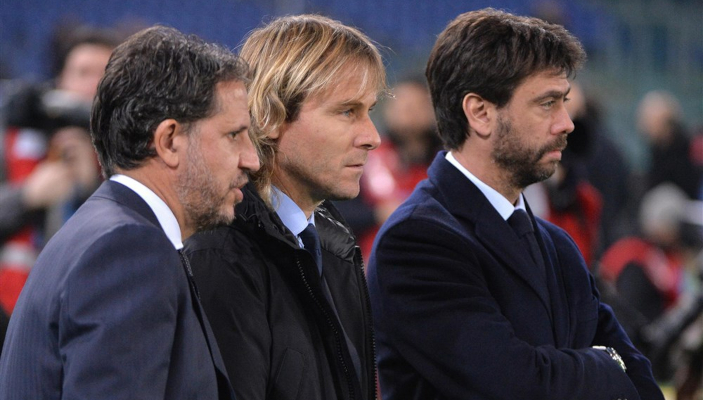More details are emerging about why Juventus were docked 15 points, as it’s reported prosecutor Giuseppe Chiné argued the transfer fraud ‘falsified the sporting competition’ at the expense of other clubs.
The prosecutor had originally only requested a nine-point penalty, but that was boosted to 15 by the courts after agreeing to reopen the trial in the light of new evidence.
Juve were accused of artificially inflating transfer fees in exchange deals to boost capital gains, therefore making it seem as if they were moving around more assets.
The judge should release the written motivation for the verdict over the next 10 days, but meanwhile La Gazzetta dello Sport claims to know the argument put forward by Chiné.
He suggested that rather than just help themselves balance the books, these actions impacted several different Serie A seasons and falsified their results.
In years when Juventus would’ve posted significant losses and therefore have to sell players, they instead created ‘fake’ capital gains and that allowed them to strengthen the squad on the market.
“This damaged other clubs who really did balance the books and had to sell for example a striker who scores 20 goals per season, thus paying for that with their results in the next campaign.”
This is also reflected in the analysis provided for Il Messaggero newspaper by sporting rights lawyer Mattia Grassani.
“In my view, the sanction is not based on the gravity of individual transfer deals, but rather the evaluation of a system used by Juventus. The evidence did not show other clubs being aware of contributing to this system.”
This would explain why only Juventus were penalised and not any of the other clubs who agreed to these transfer deals.


So punished based on speculation then?
“This would explain why …..”
No, this explains nothing. But sure if it makes you happy.